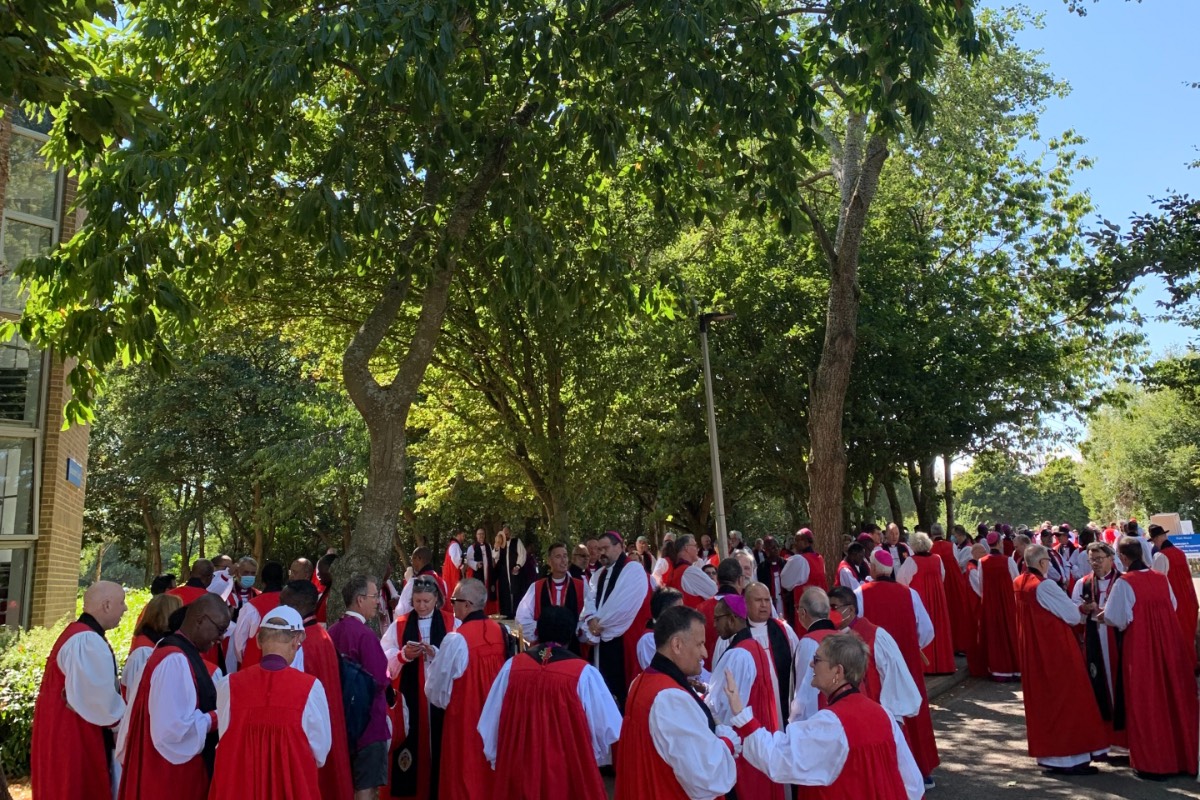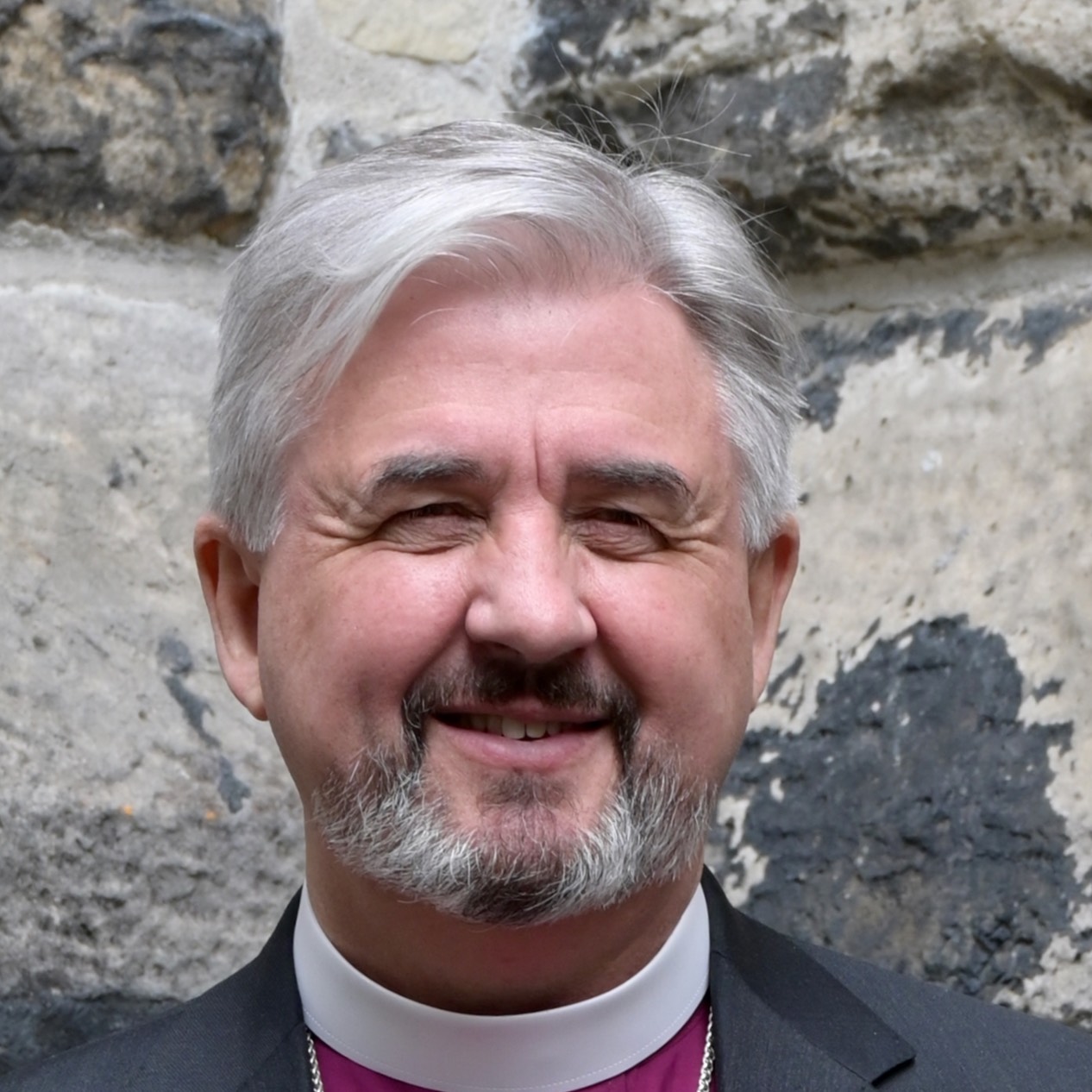I write this column from Canterbury, England, as the 15th Lambeth Conference ends. The Conference drew together more than 600 bishops representing dioceses and Christian communities from around 165 countries of the Anglican Communion.
Lambeth Conferences have been convened by the Archbishop of Canterbury about every 10 years since 1867, to discuss church and world affairs and the global mission of the Anglican Communion for the decade ahead. The Conference is one of the four Instruments of Communion (Unity) along with the Archbishop of Canterbury, the Primate’s Meeting, and the Anglican Consultative Council. Each province of the Anglican Communion is autonomous but are held in unity through these instruments—which maintain relationships of affection, support, and shared mission in the world.
Lambeth 2022 was very much about relationships: with God, with one another as bishops and dioceses, and with the world—globally and in each diocesan context. Amidst the renewing and building of numerous interpersonal relationships between bishops, the conference explored how the Anglican Communion will be responsive to the needs of a 21st Century world.
The theme for the Conference was “God’s Church for God’s World—walking, listening and witnessing together.” For over a year prior to meeting together in person, bishops joined in online conversations involving Bible study and an exploration of some of the key themes that will become “Lambeth Calls” from the Conference to the Anglican Communion—calls concerning Anglican Identity, Safe Church, Mission and Evangelism, Reconciliation, Human Dignity, Interfaith Relations, Christian Unity, Discipleship, Science and Faith, and Environment and Sustainable Development.
The Anglican Communion is one of the largest Christian denominations in the world and has a substantial presence on most continents. With such scale and reach, the Communion can have a significant influence in responding to world issues, both locally and globally, and the Lambeth Calls are intended to exercise that influence.
The text chosen for Bible study was the 1st Letter of Peter. Archbishop Welby said “It’s a book that raises an utterly compelling and inspiring vision of God’s kingdom. It raises our eyes beyond the immediacy of our struggles and differences. It urges us to hear a far deeper call. Through our faith in Jesus Christ, Peter encourages us to live lives of witness, hope and holiness as God’s chosen people.”
A critical moment in the Conference occurred when internal differences on the matter of same-sex marriage threatened to derail important discussions of the Lambeth Call concerning Human Dignity, and to threaten unity of the Communion as a whole. Then, in a profound and historic address to the Conference, Archbishop Welby drew upon the genius of Anglicanism, and clearly articulated a “middle way” on this divisive issue.
He laid out a balanced and truthful perspective on the integrity, challenges, and realities of those on either side of the dispute and said “let us not treat each other lightly or carelessly. We are deeply divided. That will not end soon. We are called by Christ himself both to truth and unity.” He reminded us that our focus must be outward, and that the Conference would be “gravely judged” if we let our internal differences dominate instead of speaking to the pain, suffering and fear in the world around us. The sustained standing ovation that followed his remarks made it clear that we would not let this happen—we would accept that we are in different places, and we would walk together for the sake of the world God loves.
The Calls that will emerge from Lambeth 2022 are an appeal to every Anglican in the world to visibly show that we belong to God in our worship, in our words and in our actions. It is a reminder to each of us as followers of Jesus to show that our daily lives are shaped by him, and that we are here, as individuals and as a church, to love God and to love people.






Week of Prayer for Christian Unity annual service to be celebrated at Saint Paul University on Jan. 22